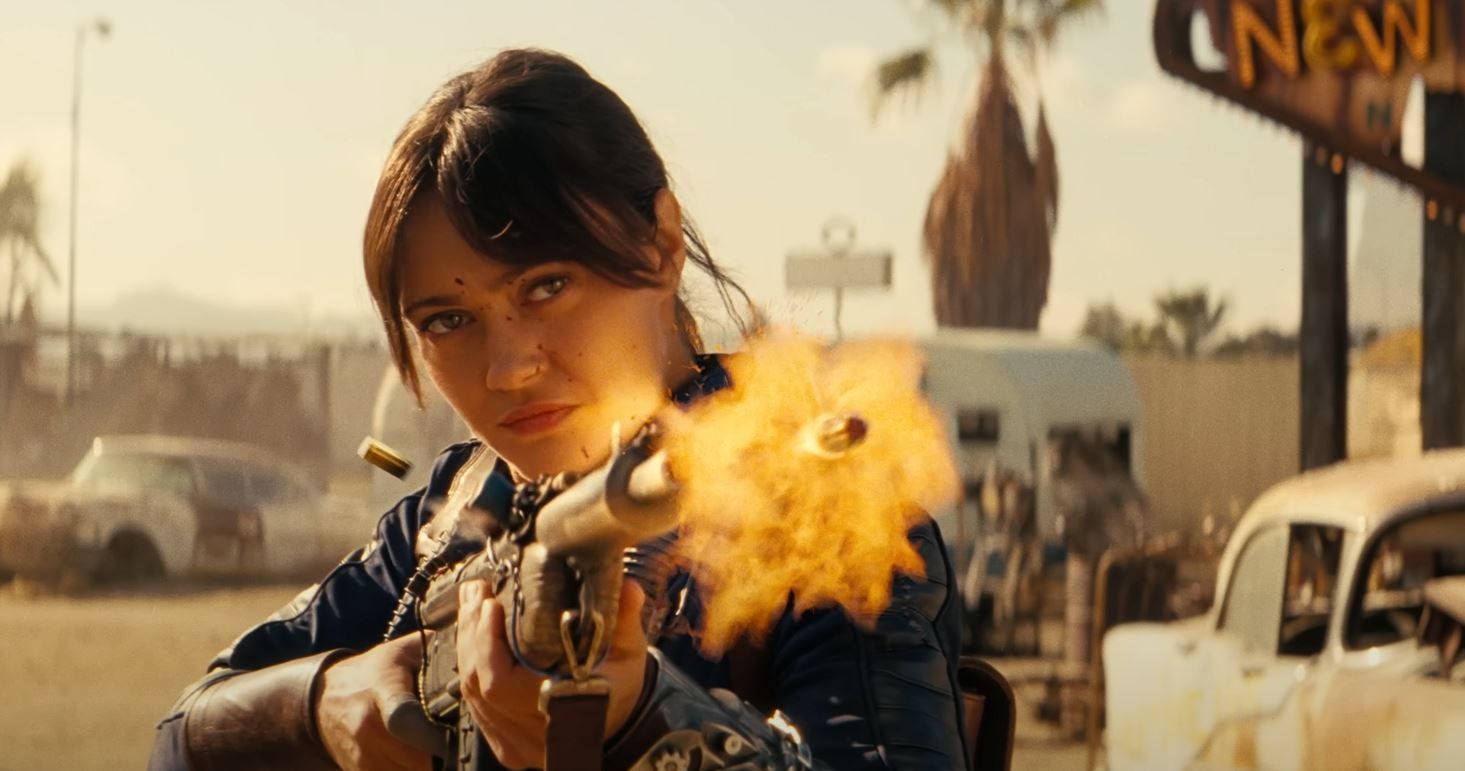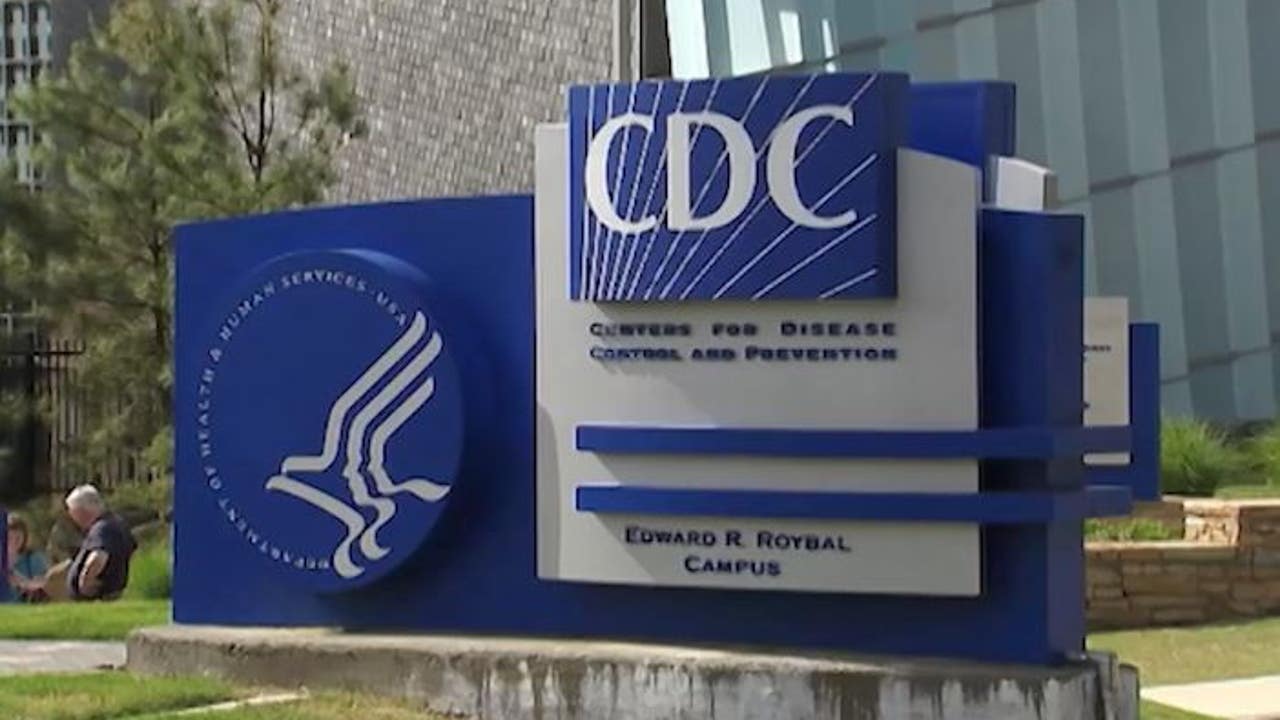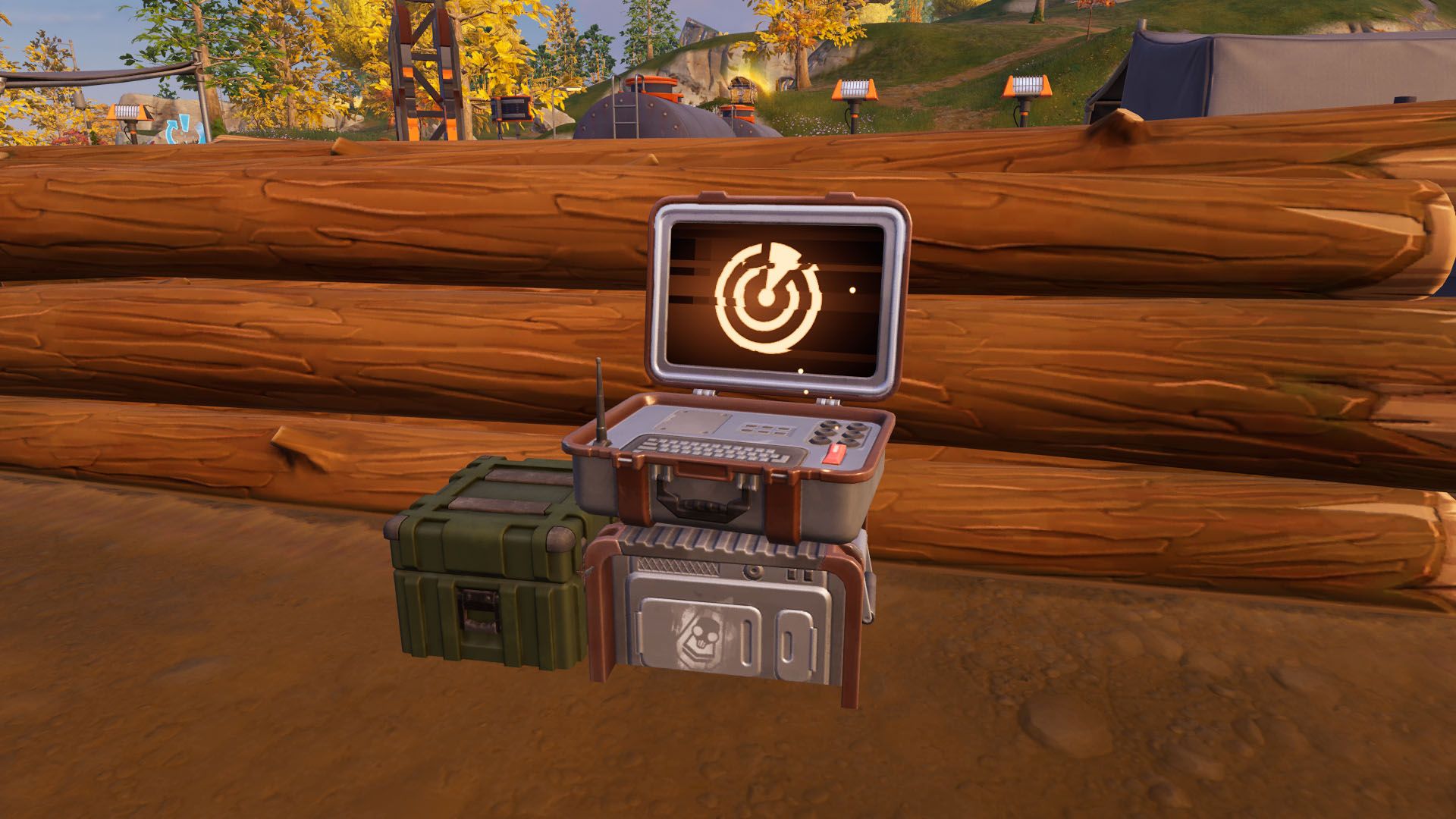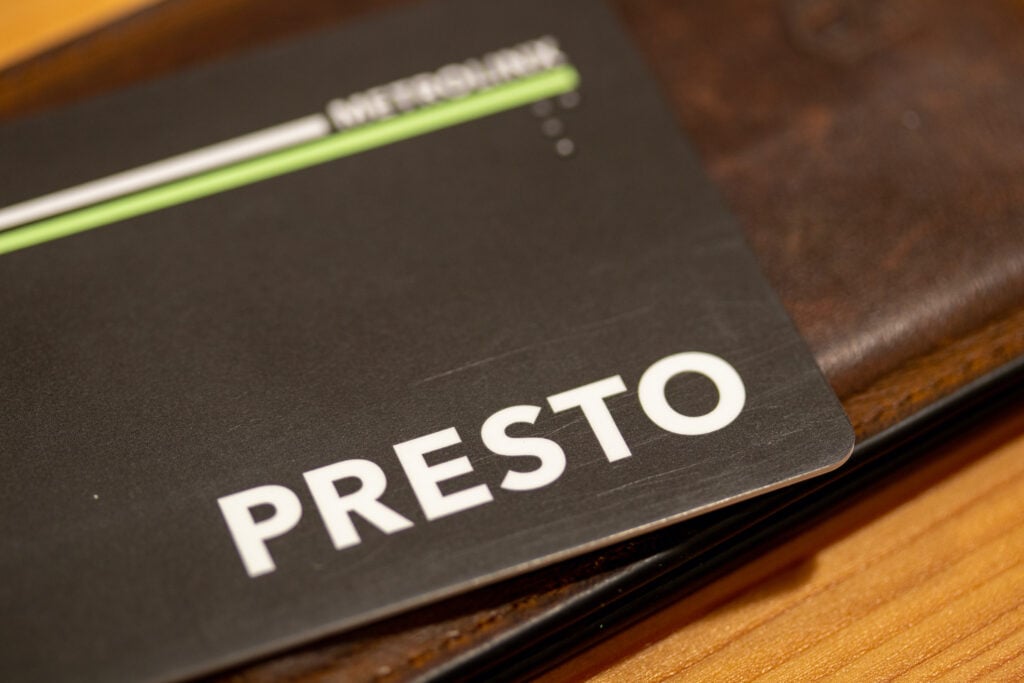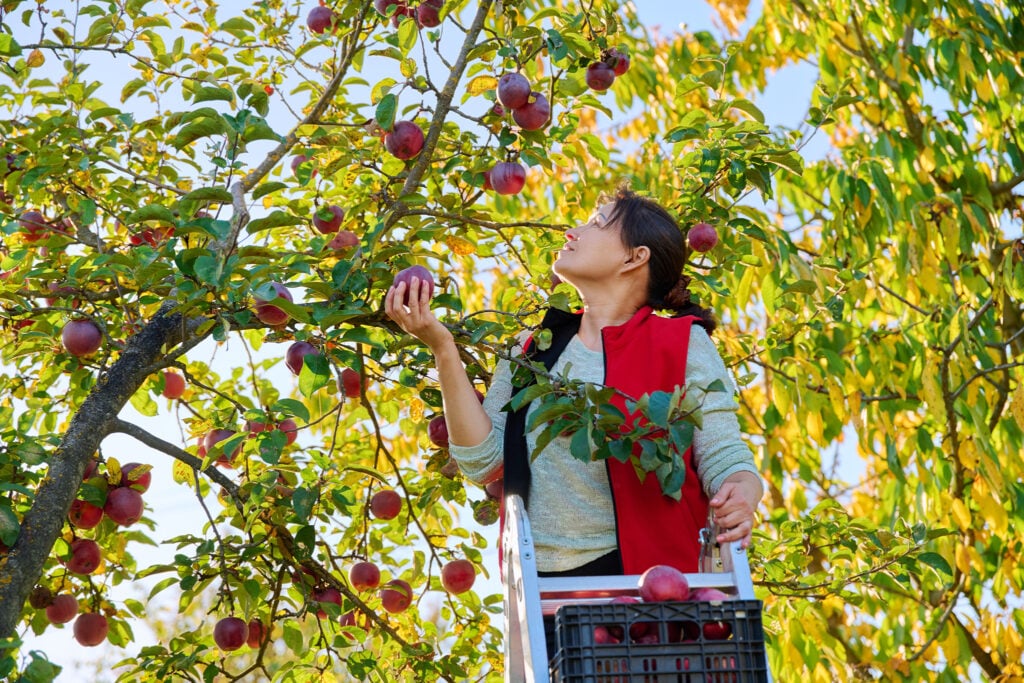The film expands its gaze beyond Wil’s inner turmoil, enfolding Vivian’s desire to transition from ballet to contemporary dance despite her father’s wishes, Wai Gung’s contemplative tai chi practice in the park, the mystery surrounding Hwei-Lan’s romantic suitor and her tantalizing discovery of a VHS porno she watches when Wil is away.
“What would you do if you’re bored to death, you’re stuck at a video store, there’s nothing for you to watch, except some old movies that you either don’t want to see or you’ve already seen, and then there’s porn and you’ve never seen porn and nobody is there to check on you?” Wu ponders. “She’s not just a Chinese mother—she’s also a woman who’s starting to clue in on her own desires.”
Wu makes a point to include the contours and shadows of her characters’ humanity, too. During a dinner conversation, Hwei-Lan makes prejudiced remarks about Jay (Ato Essandoh), Wil’s Black friend, whom Hwei-Lan finds too loud, too dark-skinned, too Black.
During our interview, Wu asked me directly what I, as a Black filmmaker, made of that sequence and Jay’s arc, in which Hwei-Lan slowly warms to him. It was a direct curiosity that disarmed me but also demonstrated, twenty years out from the release, Wu’s concern about the aims of Saving Face, what emotions—discomfort, repulsion, indifference, praise—it arouses in viewers.



